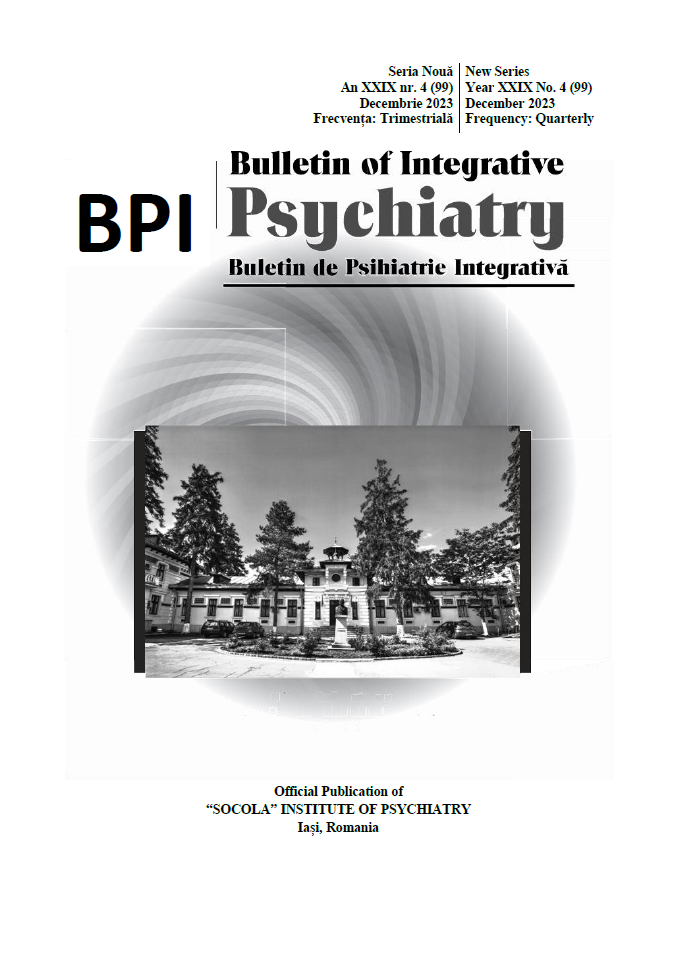Gender dynamics in ADHD: understanding ADHD in females from childhood to adulthood
Gender dynamics in ADHD: understanding ADHD in females from childhood to adulthood
Author(s): Bianca Augusta Oroian, Petronela Nechita, Raluca-Ioana Marusic, Catinca Pătrașcu, Andreea Silvana SzalontaySubject(s): Essay|Book Review |Scientific Life
Published by: Editura Sedcom Libris Iasi
Keywords: Female ADHD; children ADHD; adult ADHD; ADHD comorbidities; ADHD treatment.
Summary/Abstract: Background: Attention-Deficit/Hyperactivity Disorder (ADHD) in females is often underrecognized due to the predominance of inattentive symptoms and societal expectations, leading to underdiagnosis and misdiagnosis. This narrative review aims to synthesize the current understanding of ADHD in females across various life stages—children, adolescents, and adults—and its implications for clinical practice and policy. Methods: A comprehensive review of literature was conducted, focusing on peer-reviewed studies published from 2010 to 2023. Databases including PubMed, PsycINFO, and Google Scholar were searched using keywords related to ADHD, females, diagnosis, treatment, and long-term outcomes. The review included studies on ADHD in female children, adolescents, and adults, and encompassed both qualitative and quantitative research. Results: The review found that females with ADHD frequently exhibit predominantly inattentive symptoms, leading to lower diagnosis rates compared to males. In childhood, this often results in academic and social difficulties. During adolescence, increased risks of mental health disorders such as anxiety and depression were noted. Adult women with ADHD faced ongoing challenges in occupational settings and personal relationships. The literature also indicated a lack of gender-specific treatment approaches and a need for more comprehensive management strategies. Notably, the review identified a scarcity of longitudinal studies focusing specifically on females with ADHD. Conclusions: The findings highlight the necessity of a gender-sensitive approach in diagnosing and treating ADHD in females. There is a critical need for healthcare professionals to recognize the unique presentations of ADHD in females and for policies that support gender specific research and interventions. Future research should focus on understanding the long term outcomes of females with ADHD and developing tailored treatment strategies.
Journal: Buletin de Psihiatrie Integrativa
- Issue Year: 99/2023
- Issue No: 4
- Page Range: 77-88
- Page Count: 12
- Language: English

